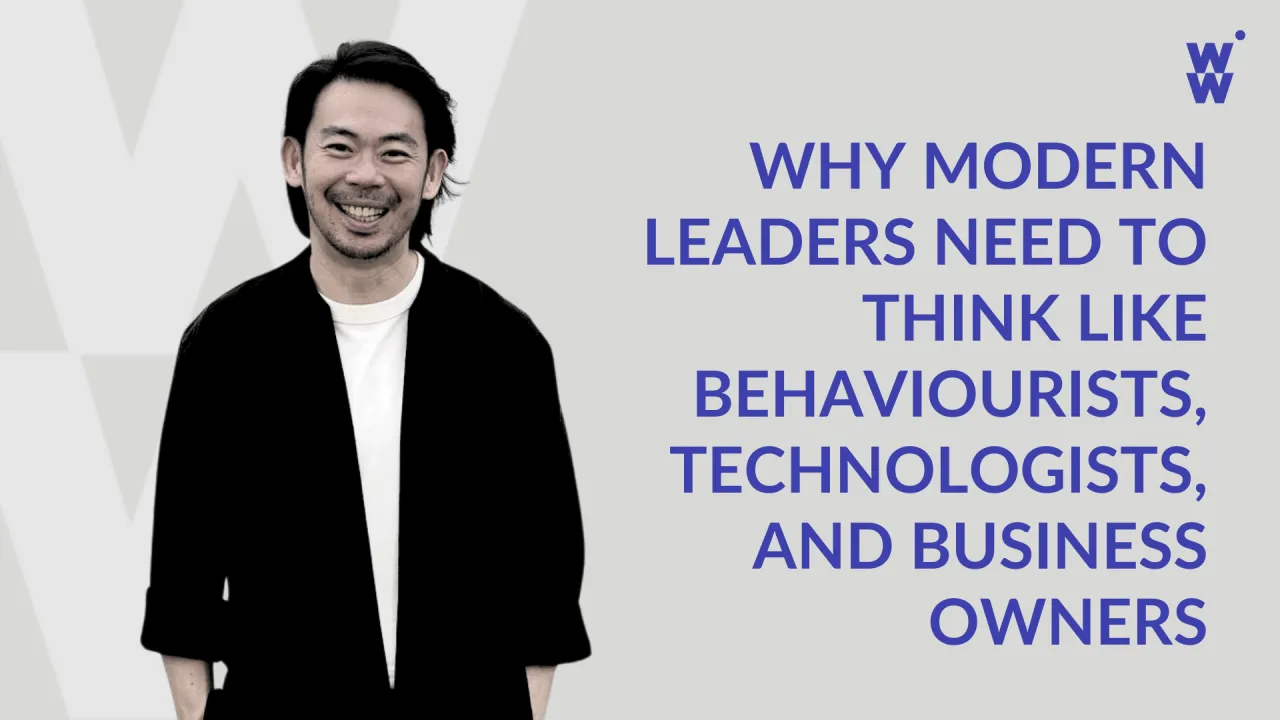For years, the future of middle management has been in question. But while some have speculated about its end, the numbers tell a different story. Since 1983, the proportion of middle managers has actually grown, now making up 13% of the U.S. labour force. Yet, the warnings persist. With AI poised to automate many tasks, and reports of managerial roles being cut, it’s worth asking: what does it take to be an effective middle manager today and in the future?
The answer lies in a fundamental shift in the role itself. The modern middle manager serves as a vital bridge between frontline workers and senior leadership. They have direct access to customer insights and are uniquely positioned to translate those needs up the chain of command. Furthermore, they are becoming essential coaches and mentors, helping employees adapt to new technologies and responsibilities. They motivate teams to learn new skills and even guide them in interpreting and working with AI. This new role moves beyond simple oversight to facilitation and capability-building, transforming managers into agents of change.
Essential Skills for the Modern Manager
To succeed in this new landscape, managers must cultivate a diverse set of skills. According to the Indeed Career Guide, core skills include communication, problem-solving, and leadership. However, as technology becomes more integrated, soft skills like empathy, emotional intelligence, and creativity are becoming increasingly critical to their success. These are the skills that prevent the workplace from becoming a "cyberised" environment and allow managers to act as stewards of their teams' well-being.
A New Approach to Development
Developing these skills requires a deliberate approach from both the individual and the organisation. A framework like CliftonStrengths® can be used to help managers understand their innate talents, such as analytical thinking or relationship building. By identifying and leveraging their personal strengths, managers can enhance their leadership effectiveness and tailor their approach to communication and team development. This method also helps improve team dynamics and creates a shared language for talent within the organisation.
The Need for Upskilling and Re-evaluating
In addition to soft skills, managers must pursue technical upskilling to stay ahead of automation. As AI takes on lower-level problem-solving, managers must focus on higher-order challenges, developing the analytical and strategic skills that complement technology rather than being replaced by it.
Ultimately, companies that want to build a resilient and agile organisation must change how they select and evaluate managers. Rewarding top salespeople with managerial roles, for instance, without assessing their ability to mentor and coordinate, is a mistake. Managerial success must be measured by a manager's contributions to coaching, mentoring, and cross-functional collaboration. By investing in and properly valuing their middle managers, organisations will not only survive but thrive in an era of rapid change.
Curious about your leadership style, take the quiz https://www.wildnwise.co/leadership-strengths-quiz



.webp)

